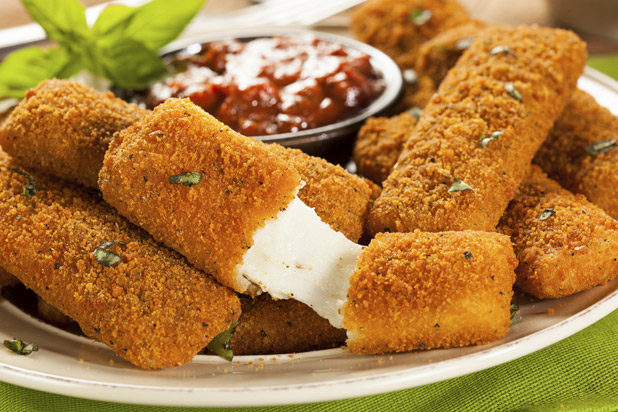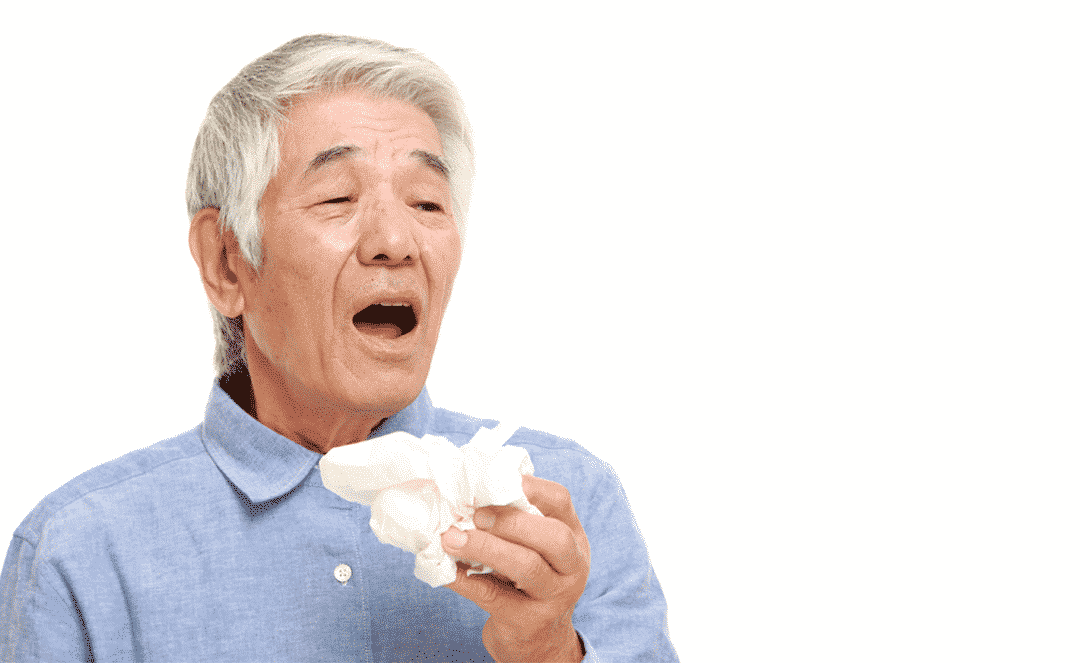Tuberculosis is an infection caused by a bacterium, Mycobacterium tuberculosis. Tuberculosis (TB) is quite a serious condition, it affects mainly the lungs of a person. It can easily spread from one person to the other person, through personal contact. Decades ago TB was considered one of the major diseases that causes of death.
As all know that pulmonary TB (in the lungs or throat) is the main only form of the illness that is infectious, but TB can affect any part of the body.

If left untreated, TB is a life-threatening illness. Even delays in treatment can have a devastating impact on a person’s health. But TB is curable with antibiotics. The sooner the illness is diagnosed and treated the better, both in terms of the patient’s health and stopping them from passing it on to others.
There are two types of TB infection. Doctors make a distinction between two kinds of tuberculosis infection: latent and active.
Latent TB
The bacteria remain in the body in an inactive state. They generally cause no symptoms and they are not contagious, but they can become active.
Active TB
The bacteria do cause symptoms and can be transmitted to others.
What Are The Risk Factors Of TB ?
A risk factor is anything that increases a person’s chance of developing a disease.
Specific tuberculosis risk factors include
- Alcoholism
- Certain medical conditions, such as:
- IV drug abuse
- Crowded living conditions
- Homelessness
- HIV or AIDS
- Diabetes mellitus
- Silicosis
- Cancer of the head or neck
- Poverty
- Immigration from certain countries
- Low body weight
- Leukemia or Hodgkin’s disease
- Severe kidney disease
Most people who are aware of tuberculosis risk factors do not get tuberculosis. On the other hand, many who do get the disease don’t appear to have any of these risk factors. People with known risk factors and those who are concerned about tuberculosis should talk to their healthcare provider.
What Are The Symptoms Of TB?
Common symptoms include
- Chills
- Chest pain
- Shortness of breath
- Cough
- Weight loss
- Fatigue
- Fever
- Night sweats
- Loss of appetite.
These symptoms can also occur with other diseases so it is important to see a healthcare provider and to let them find out if you have TB. A person who are with TB disease may feel perfectly healthy or may only have a cough from time to time. If you think you have been exposed to TB, get a TB test.
In addition to rest and taking medications, a healthy diet, limited in certain foods, may enhance your fast recovery.
Here are few foods to avoid if you have TB
Greasy foods

Greasy foods, include fried beef and chicken, bacon, french fries and also few onion rings, contribute hefty amounts of saturated fat. This fats associated with high cholesterol and increased risk for diabetes and heart disease. Greasy foods can also exacerbate symptoms that accompany TB, such as diarrhea, abdominal cramping and fatigue. This is problematic in numerous ways, since severe diarrhea can lead to severe dehydration and related complications. So avoid eating greasy foods. For best results, choose baked, broiled and also few steamed foods prepared without butter, high-fat cheese or creamy sauces.
Trans-fatty acids

Trans-fatty acids, or trans fats, are fats that are created through a process in which hydrogen is added to vegetable oil. Unlike few of the plant-based oils generally derive from, trans fats can cause unhealthy cholesterol levels and inflammation. By eliminating trans-fatty acids from your diet may help reduce TB symptoms. To avoid these unhealthy fats, avoid margarine; shortening; commercially prepared cookies, cakes, pastries and crackers; and all foods that list partially hydrogenated vegetable oil as an ingredient. Replace all these typically low-moisture, low-nutrient foods with fresh foods, such as fruits and vegetables, for heightened benefits.
Refined carbohydrates

Refined carbohydrates such as flour and sugar provide empty calories, or calories devoid of nutrients. While modest amounts of refined carbohydrate sources may not cause harm, particularly if you are limited to low-fiber foods due to diarrhea. All know that most TB patients avoid these foods for improved wellness and symptoms. The common sources of refined carbohydrates include enriched breads, cereals, pasta and baked goods; instant rice; and foods and beverages rich in added sugars, such as regular soft drinks, candy, sorbet, frosting, pancake syrup, jam and jelly. Avoid these foods and for additional benefits, replace refined carbohydrate sources with fiber-rich foods, such as whole grains and starchy vegetables.
Caffeine and alcohol

Caffeine and alcohol can make resting and sleeping difficult, which can delay healing from TB. Excessive caffeine or alcohol consumption may also have a diuretic, or fluid-flushing, effect and prevent you from consuming healthier beverages, such as water, low-fat milk or pure juices. Avoid caffeine and alcohol intake. As you know that Tuberculosis patients consume caffeine-free green tea — a valuable source of antioxidants — in place of regular green tea for improved wellness.
By following these above things you can cure yourself from this dangerous infection. If your suffering from severe TB contact your doctor immediately.
 If left untreated, TB is a life-threatening illness. Even delays in treatment can have a devastating impact on a person’s health. But TB is curable with antibiotics. The sooner the illness is diagnosed and treated the better, both in terms of the patient’s health and stopping them from passing it on to others.
There are two types of TB infection. Doctors make a distinction between two kinds of tuberculosis infection: latent and active.
If left untreated, TB is a life-threatening illness. Even delays in treatment can have a devastating impact on a person’s health. But TB is curable with antibiotics. The sooner the illness is diagnosed and treated the better, both in terms of the patient’s health and stopping them from passing it on to others.
There are two types of TB infection. Doctors make a distinction between two kinds of tuberculosis infection: latent and active.
 Greasy foods, include fried beef and chicken, bacon, french fries and also few onion rings, contribute hefty amounts of saturated fat. This fats associated with high cholesterol and increased risk for diabetes and heart disease. Greasy foods can also exacerbate symptoms that accompany TB, such as diarrhea, abdominal cramping and fatigue. This is problematic in numerous ways, since severe diarrhea can lead to severe dehydration and related complications. So avoid eating greasy foods. For best results, choose baked, broiled and also few steamed foods prepared without butter, high-fat cheese or creamy sauces.
Greasy foods, include fried beef and chicken, bacon, french fries and also few onion rings, contribute hefty amounts of saturated fat. This fats associated with high cholesterol and increased risk for diabetes and heart disease. Greasy foods can also exacerbate symptoms that accompany TB, such as diarrhea, abdominal cramping and fatigue. This is problematic in numerous ways, since severe diarrhea can lead to severe dehydration and related complications. So avoid eating greasy foods. For best results, choose baked, broiled and also few steamed foods prepared without butter, high-fat cheese or creamy sauces.
 Trans-fatty acids, or trans fats, are fats that are created through a process in which hydrogen is added to vegetable oil. Unlike few of the plant-based oils generally derive from, trans fats can cause unhealthy cholesterol levels and inflammation. By eliminating trans-fatty acids from your diet may help reduce TB symptoms. To avoid these unhealthy fats, avoid margarine; shortening; commercially prepared cookies, cakes, pastries and crackers; and all foods that list partially hydrogenated vegetable oil as an ingredient. Replace all these typically low-moisture, low-nutrient foods with fresh foods, such as fruits and vegetables, for heightened benefits.
Trans-fatty acids, or trans fats, are fats that are created through a process in which hydrogen is added to vegetable oil. Unlike few of the plant-based oils generally derive from, trans fats can cause unhealthy cholesterol levels and inflammation. By eliminating trans-fatty acids from your diet may help reduce TB symptoms. To avoid these unhealthy fats, avoid margarine; shortening; commercially prepared cookies, cakes, pastries and crackers; and all foods that list partially hydrogenated vegetable oil as an ingredient. Replace all these typically low-moisture, low-nutrient foods with fresh foods, such as fruits and vegetables, for heightened benefits.
 Refined carbohydrates such as flour and sugar provide empty calories, or calories devoid of nutrients. While modest amounts of refined carbohydrate sources may not cause harm, particularly if you are limited to low-fiber foods due to diarrhea. All know that most TB patients avoid these foods for improved wellness and symptoms. The common sources of refined carbohydrates include enriched breads, cereals, pasta and baked goods; instant rice; and foods and beverages rich in added sugars, such as regular soft drinks, candy, sorbet, frosting, pancake syrup, jam and jelly. Avoid these foods and for additional benefits, replace refined carbohydrate sources with fiber-rich foods, such as whole grains and starchy vegetables.
Refined carbohydrates such as flour and sugar provide empty calories, or calories devoid of nutrients. While modest amounts of refined carbohydrate sources may not cause harm, particularly if you are limited to low-fiber foods due to diarrhea. All know that most TB patients avoid these foods for improved wellness and symptoms. The common sources of refined carbohydrates include enriched breads, cereals, pasta and baked goods; instant rice; and foods and beverages rich in added sugars, such as regular soft drinks, candy, sorbet, frosting, pancake syrup, jam and jelly. Avoid these foods and for additional benefits, replace refined carbohydrate sources with fiber-rich foods, such as whole grains and starchy vegetables.
 Caffeine and alcohol can make resting and sleeping difficult, which can delay healing from TB. Excessive caffeine or alcohol consumption may also have a diuretic, or fluid-flushing, effect and prevent you from consuming healthier beverages, such as water, low-fat milk or pure juices. Avoid caffeine and alcohol intake. As you know that Tuberculosis patients consume caffeine-free green tea — a valuable source of antioxidants — in place of regular green tea for improved wellness.
By following these above things you can cure yourself from this dangerous infection. If your suffering from severe TB contact your doctor immediately.
Caffeine and alcohol can make resting and sleeping difficult, which can delay healing from TB. Excessive caffeine or alcohol consumption may also have a diuretic, or fluid-flushing, effect and prevent you from consuming healthier beverages, such as water, low-fat milk or pure juices. Avoid caffeine and alcohol intake. As you know that Tuberculosis patients consume caffeine-free green tea — a valuable source of antioxidants — in place of regular green tea for improved wellness.
By following these above things you can cure yourself from this dangerous infection. If your suffering from severe TB contact your doctor immediately.

